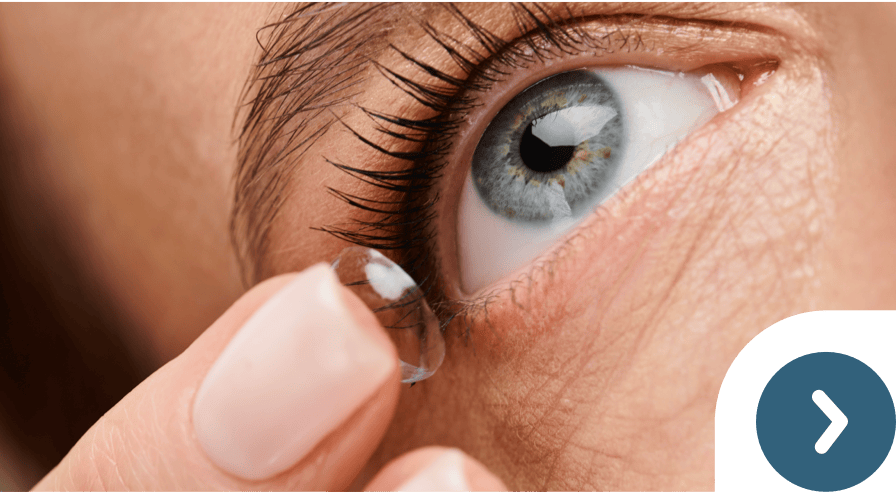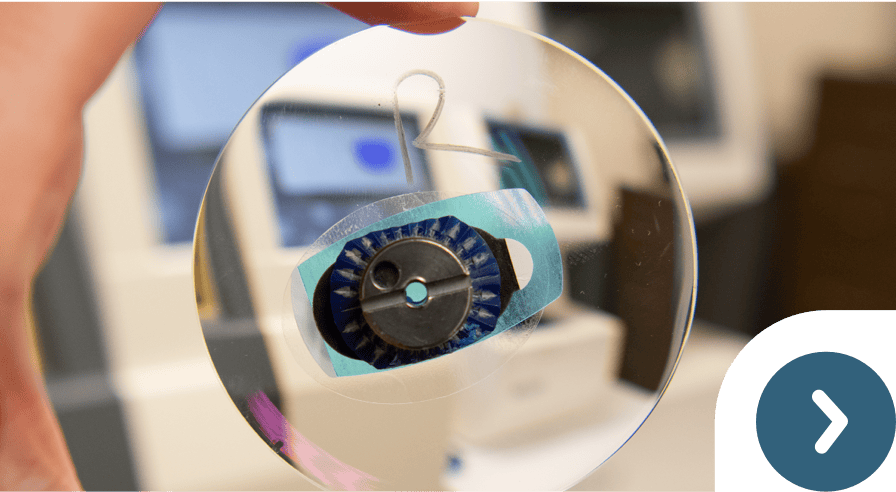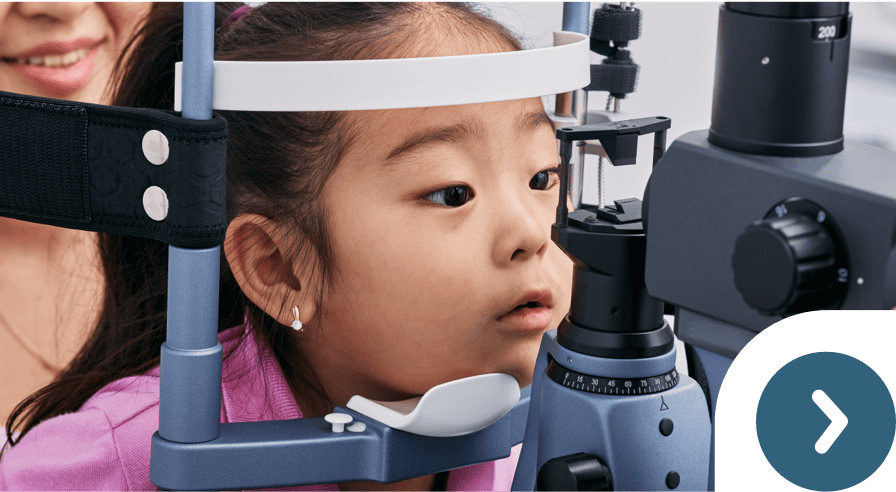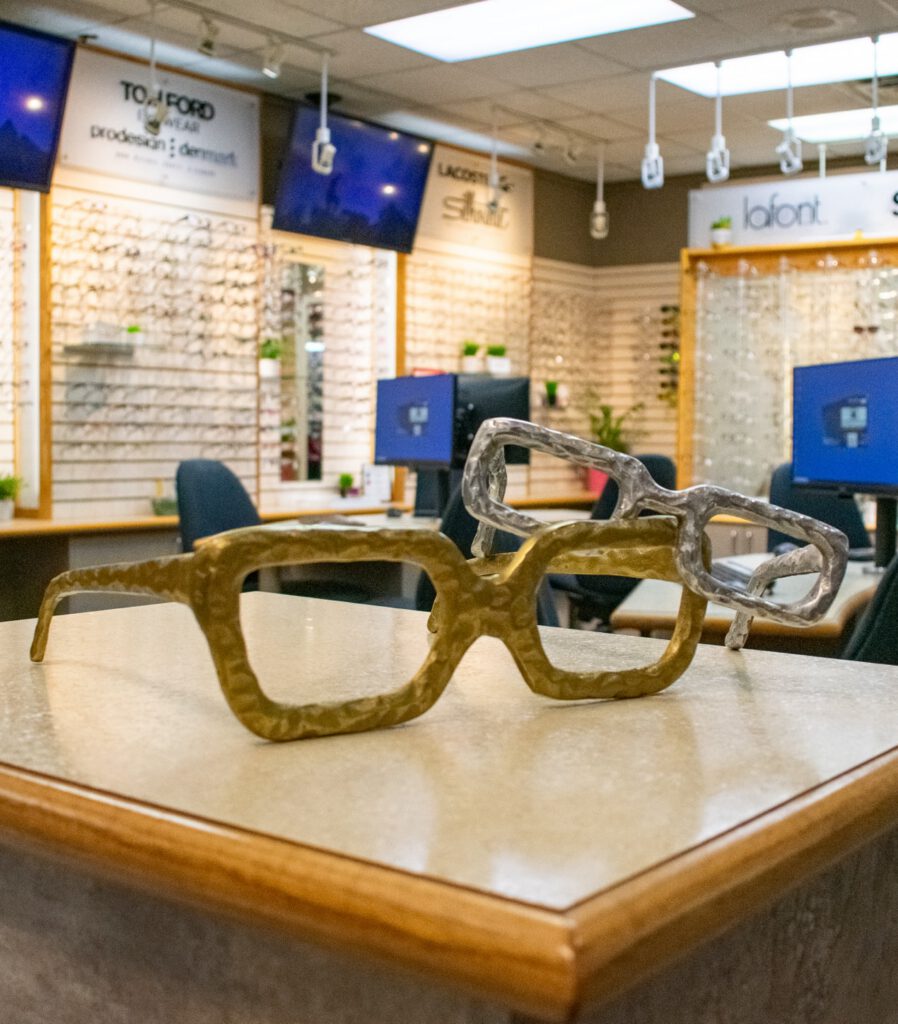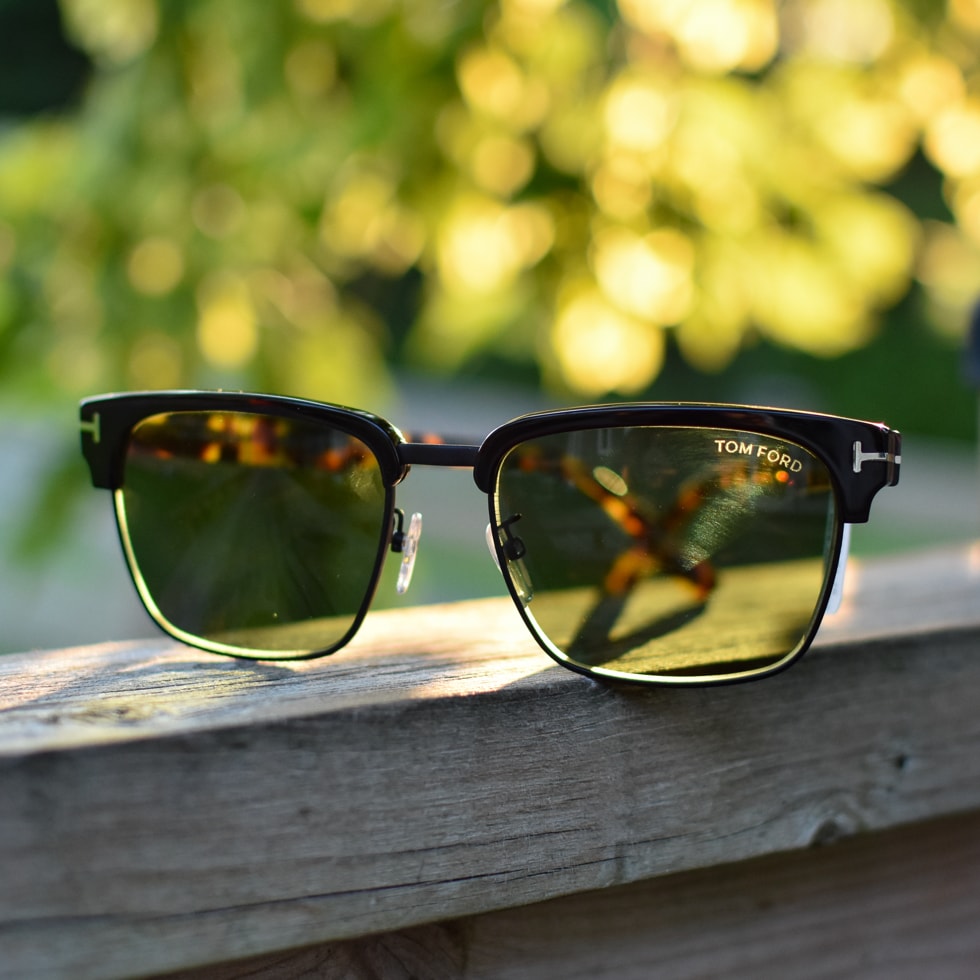While soaking up all the sun’s rays can feel great, it’s important to remember that too much UV exposure isn’t healthy for our skin or eyes. While many of us are aware that sunlight can be damaging, too much exposure to UV radiation without protection from sunglasses can cause serious damage.
Yes, your eyes can get “sunburns” or, more accurately, “photokeratitis,” but there are certain signs and symptoms to watch out for so you can protect your vision.
Thankfully, there are ways you can protect your eyes to prevent eye sunburns from happening in the first place. Your optometrist can also provide additional support so you can get outside safely.
Understanding How the Sun Affects Our Eyes
The sun is a powerful force that influences much of our daily lives, including our vision. While many of us are knowledgeable about the importance of protecting our skin from harsh sun rays, we may forget how damaging they can be to our eyes.
Prolonged exposure to the sun’s ultraviolet (UV) radiation can cause short-term and long-term eye problems, such as the development of eye diseases and conditions and corneal sunburns (photokeratitis).
It is important to understand how to shield our eyes from this powerful force by wearing sunglasses with appropriate UV protection and avoiding sun exposure during peak hours. By taking these measures, we can safeguard our vision and enjoy all that the outdoors has to offer.
How Much UV Exposure Is Too Much for Your Eyes
While some UV exposure is necessary for our bodies to produce vitamin D, it’s important to know the limits on our eyes. How much UV exposure is too much? Well, it depends on a few factors, such as the time of day, geographical location, and your use of protective eyewear.
The higher in the sky the sun is, the stronger the UV radiation on Earth. So, UV radiation is particularly high close to areas near the equator, like Florida, Thailand, Central America, Australia, and New Zealand (and these last 2 countries are near the hole in the ozone layer above the Antarctic).
UV exposure also is higher in mountainous regions and areas where there is a lot of snow, water, and light-coloured sand that reflect UV rays, increasing your exposure.
It’s recommended to limit direct sun exposure to your eyes, especially during peak hours when the sun’s rays are the strongest. Experts recommend wearing sunglasses with UV protection and limiting time in direct sunlight during peak hours to safeguard your eyes from unnecessary UV damage.
Common Symptoms of Eye Sunburn & When to Seek Medical Attention
Sunny days were made for fun in the sun, but it’s important to remember to protect our skin and eyes from harmful UV rays. When our eyes are exposed to too much sunshine, it can cause sunburn, which can lead to various symptoms such as:
- Redness
- Watery eyes
- Sensitivity to light
- Gritty, sand-like feeling in your eyes
- Eye pain
- Headaches
- Eyelid twitching
- Swelling
Seek medical attention if you have the following symptoms:
- Blurry vision
- Seeing halos
- Pinpoint pupils (miosis)
- Vision loss or colour changes
If you experience any of these symptoms, it’s important to seek immediate relief by moving into a shaded area and applying a cool compress. Seek recommendations from your optometrist for using artificial tears.
If the discomfort persists for more than a day or 2, it’s time to seek medical attention. An eye doctor can prescribe medications to alleviate your uncomfortable symptoms and prevent complications, such as corneal inflammation or infections.
Protecting Your Eyes from Sun Damage: The Best Methods to Keep Your Eyes Safe
Prolonged exposure to UV radiation can lead to many eye problems. The good news is, there are plenty of simple and effective ways to keep our eyes safe:
- Invest in a good pair of sunglasses that block out at least 99% of UVA and UVB radiation.
- Wear a hat or visor to provide additional shade.
- Avoid looking directly at the sun at any time of day.
- Wear goggles when swimming or skiing to minimize UV reflection off of water and ice.
Keep Your Vision Intact
As we have seen, the sun’s rays can have a serious effect on our eyesight. Learning how to protect our eyes from the sun can help you maintain optimal vision. To help your eyes stay healthy, limit UV exposure, be mindful of the symptoms of eye sunburns, use protective eyewear in direct sunlight, and invest in lenses with UV protection.
Westmount Optometry in London is dedicated to helping you choose the right protective lenses for your daily needs. Contact us today for an appointment.


